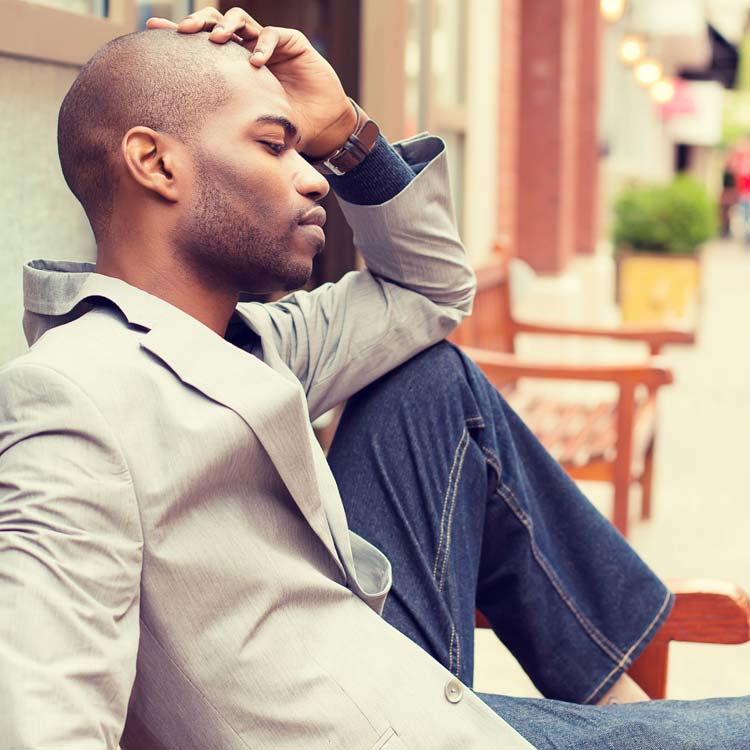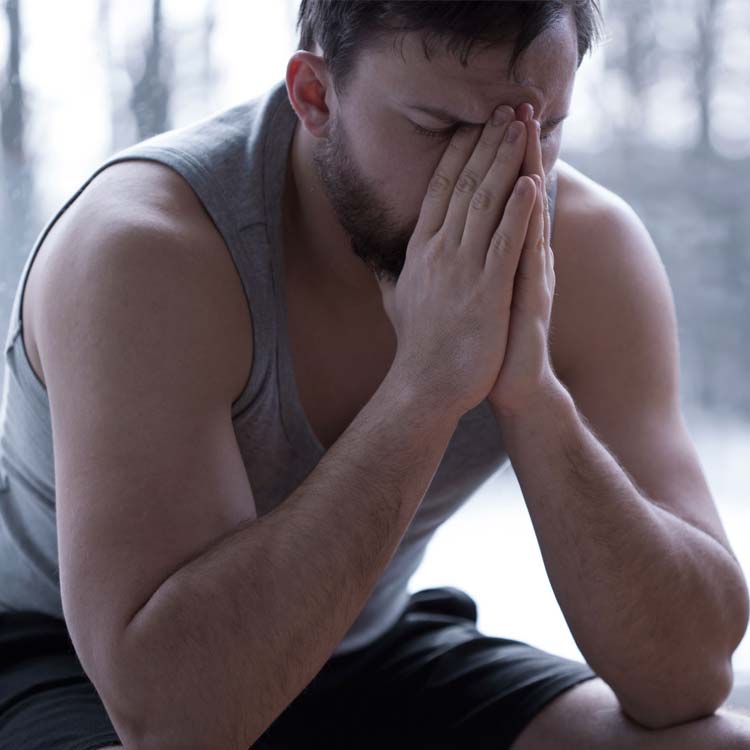
Anxiety Disorders:
What are they, who has them, how do you get them and what can you do about them.
What is anxiety?
Anxiety is a normal response that everyone has. The feeling of anxiety is a signal that there is something threatening us — that there is a need to protect ourselves. When the threat is vague or unidentified, it can become chronic. Anxiety becomes fear when the threat is one of bodily harm. Anxiety becomes panic when we feel abandoned or feel in danger of losing what or whom we depend. Anxiety becomes shame when the threat is to our self-esteem.
How are stress and anxiety related?
Technically, anxiety is a reaction to stress. Stress is any physical or emotional demand made on the mind or body. Physical stress includes heat, cold, malnutrition, overwork, and exposure to drugs or poison. Emotional stress may result from fear, hate, love, anger, tension, grief, joy, frustration, and/or anxiety. The impact of any particular stressor depends on the type, nature, and duration of the stressor (e.g. recent marital distress, chronic illness ore repeated trauma) and the individual’s mental and emotional response to the stressor (e.g., perception of the stressor, stress tolerance and coping style). A certain amount of stress is useful as a motivating factor. When it occurs in excess or is the wrong kind, it can be detrimental.


Anxiety disorders are actually very common and, although they are treated most frequently in women, they are experienced by men and women equally. Anxiety can even be a cause of many illnesses. There are five main types of anxiety disorders:
- General Anxiety Disorder -persistent worry experienced for 6 months or more over things that may or may not happen.
- Obsessive Compulsive Disorder – is characterized by obsessive (interfering and repetitive) thoughts or compulsive (seems very necessary) behaviors – i.e. hand washing.
- Panic Disorder – commonly called panic attacks, these may make you feel like you’re having a heart attack, going crazy, or are going to die.
- Post Traumatic Stress Disorder – occurring after any major mental or physically traumatic event such as war, death of a family member or even a car accident. This is normally characterized by flashbacks or recurring nightmares.
- Social Phobia – feeling fear or anxiety in a social setting.
- Specific Phobia – Fear of heights, elevators, insects, claustrophobia.
People with anxiety disorders need individualized care. Our approach incorporates research-based methods and techniques that have shown to be effective. For those experiencing anxiety, it is best to consult with an Anxiety & Stress Center professional who will collaborate with you to determine the best treatment approach for your specific concerns.